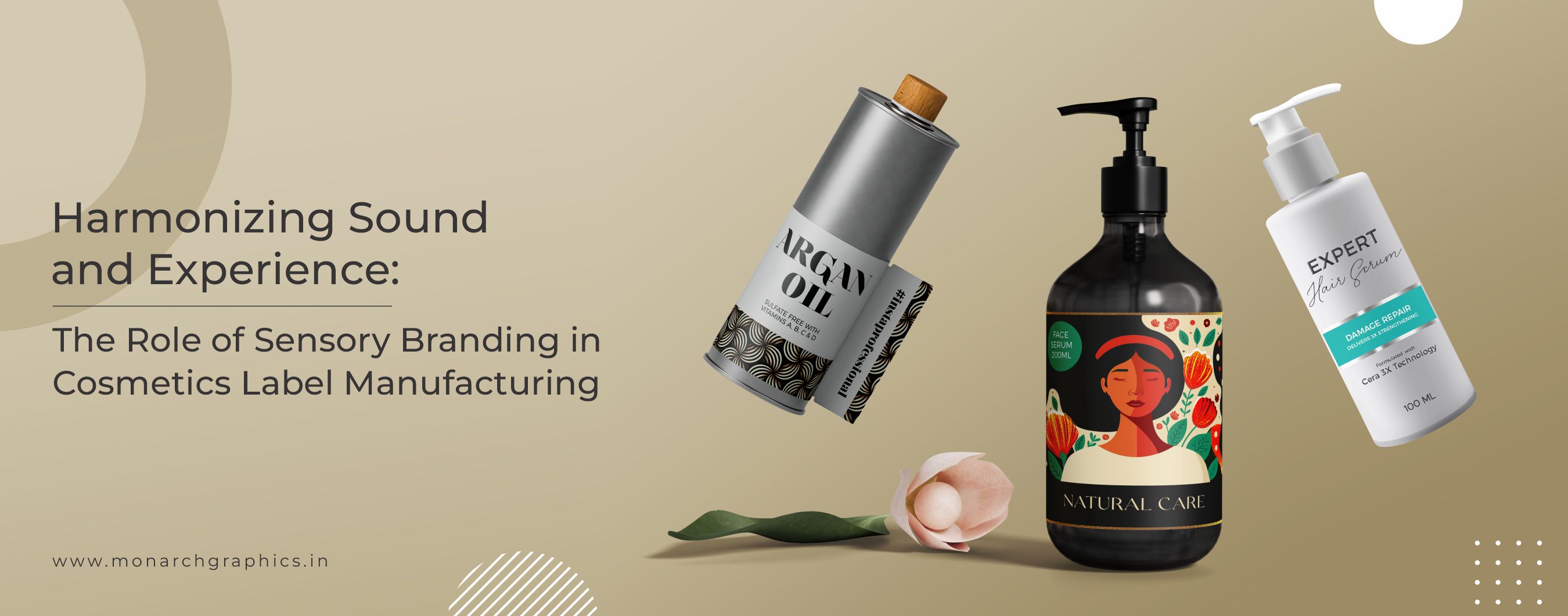 The cosmetics industry thrives on aesthetics, and the labels on cosmetic products are vital to their visual appeal. However, in a world where consumers seek immersive experiences, cosmetics brands recognize the importance of engaging multiple senses. In this blog, we explore how the role of sound and sensory experiences in label manufacturing can elevate cosmetics brands to new heights of success.
The cosmetics industry thrives on aesthetics, and the labels on cosmetic products are vital to their visual appeal. However, in a world where consumers seek immersive experiences, cosmetics brands recognize the importance of engaging multiple senses. In this blog, we explore how the role of sound and sensory experiences in label manufacturing can elevate cosmetics brands to new heights of success.
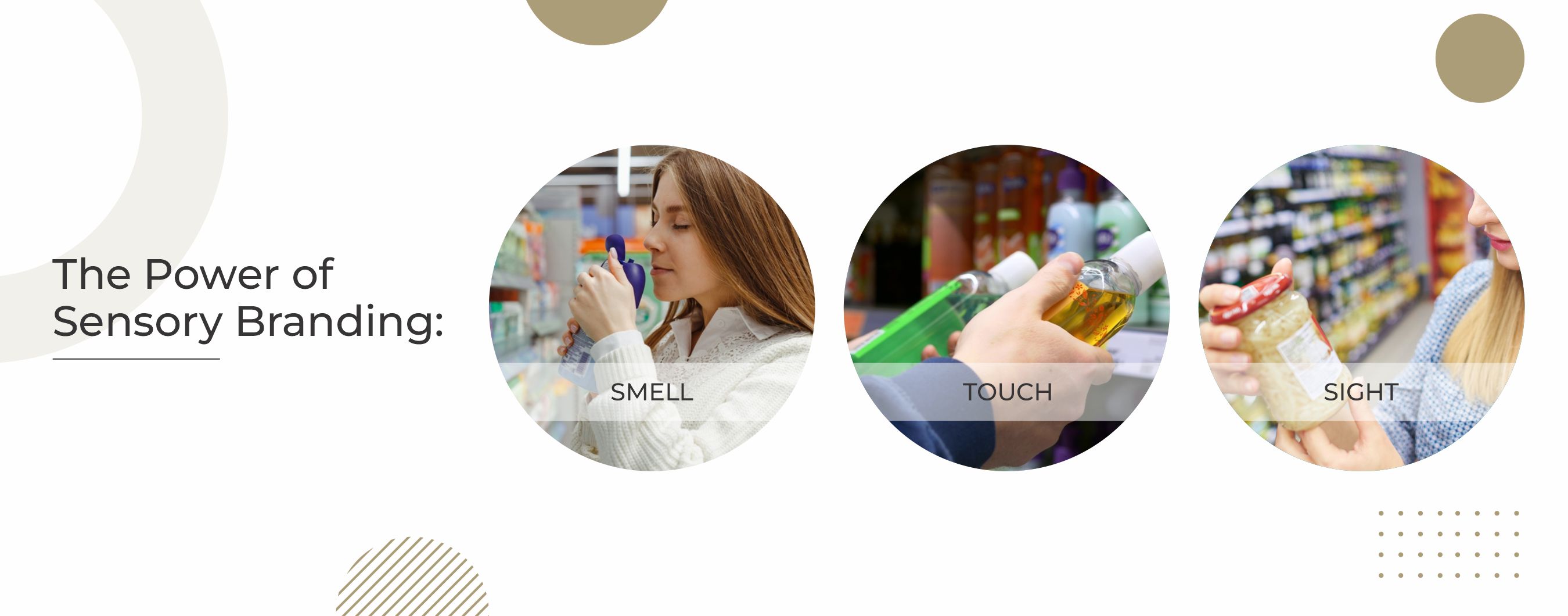 1. The Power of Sensory Branding:
1. The Power of Sensory Branding:
Sensory branding involves engaging multiple senses (sight, sound, touch, smell, and taste) to create a memorable and immersive brand experience. While sight has traditionally been the focus in label manufacturing, incorporating sound and tactile sensations is a growing trend transforming the cosmetics industry.
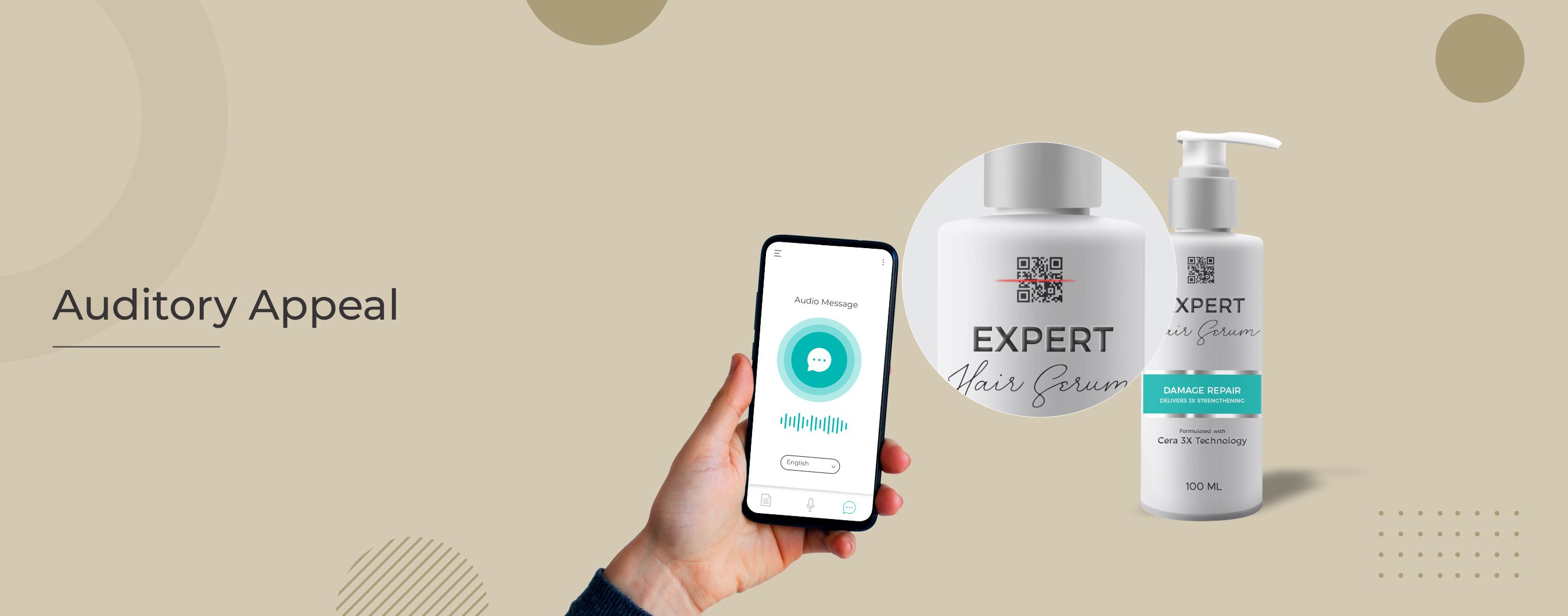 2. Auditory Appeal:
2. Auditory Appeal:
Sound plays a significant role in brand recognition. Consider incorporating sound elements into labels, such as QR codes that trigger audio messages or packaging that emits a soft, soothing sound when opened. These auditory cues can create a lasting impression on consumers.
3. Customized Audio Branding:
Cosmetics labels can be designed to incorporate custom audio branding, including signature tunes or jingles that evoke brand identity. When consumers hear these sounds, they associate them with your products, reinforcing brand loyalty.
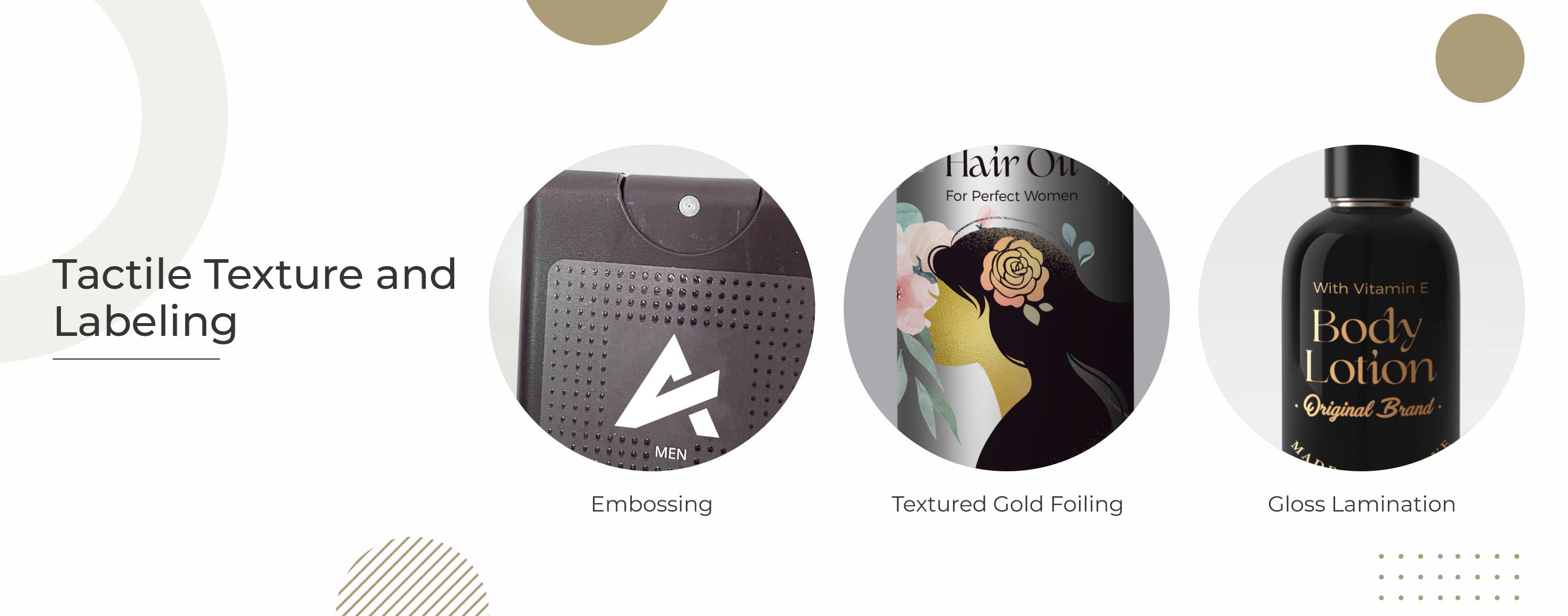 4. Tactile Texture and Labeling:
4. Tactile Texture and Labeling:
Tactile experiences are vital in cosmetics. Labels can feature different textures, such as embossed logos or raised patterns, which add an aesthetic dimension and engage the sense of touch. This tactile interaction creates a unique and memorable experience for customers.
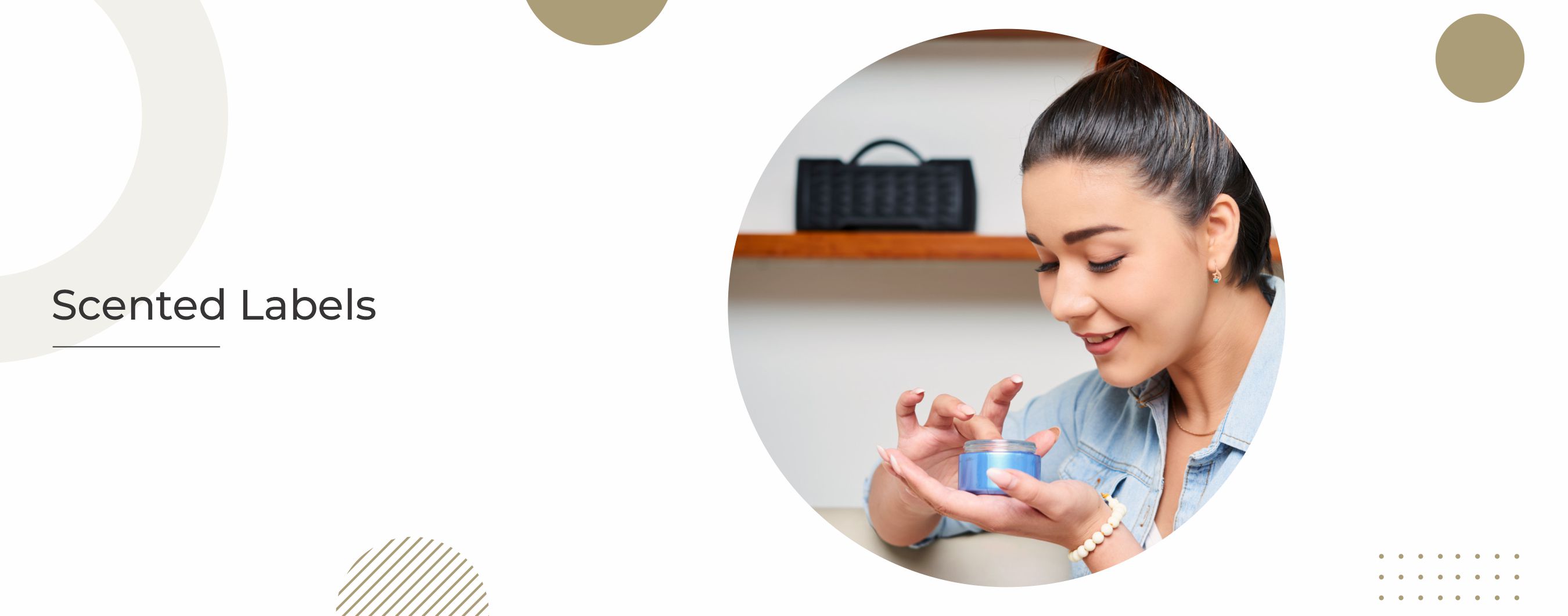 5. Scented Labels:
5. Scented Labels:
Imagine a cosmetic label that releases a subtle, pleasing fragrance when touched. Scented labels can enhance the overall experience and connect consumers on a deeper level with your brand, evoking positive emotions and associations.
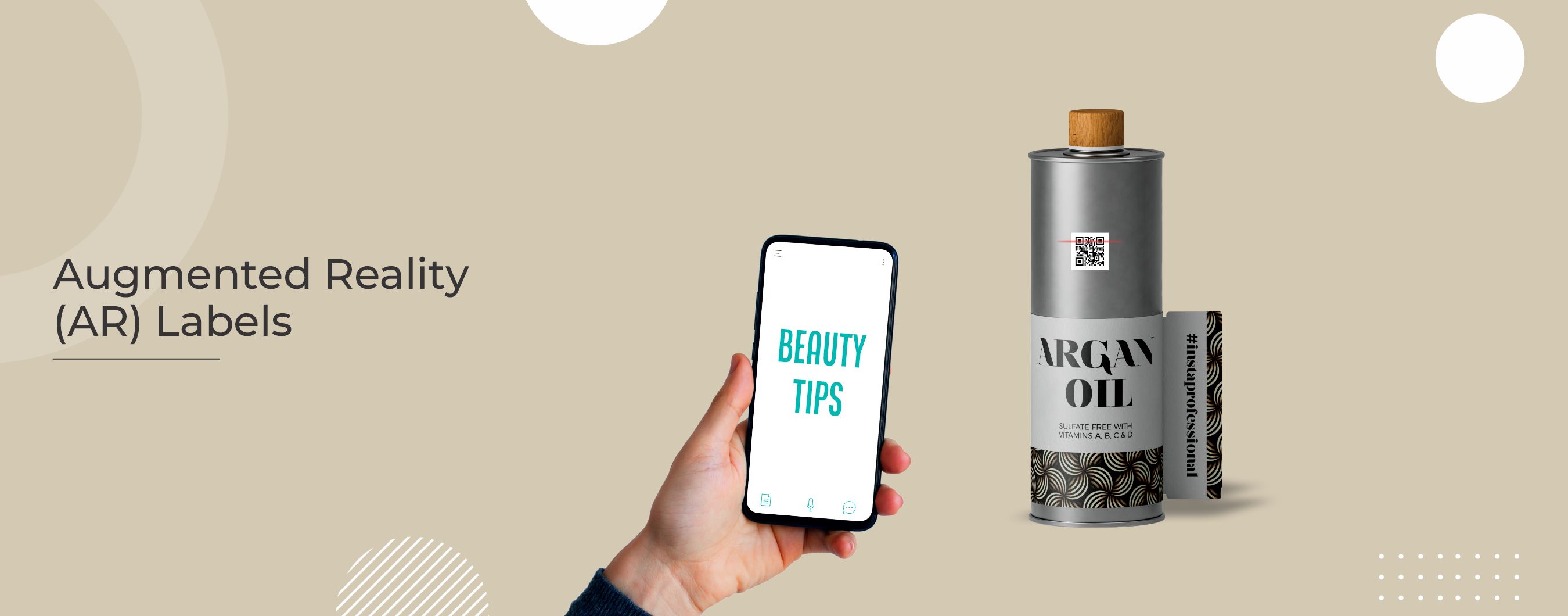 6. Augmented Reality (AR) Labels:
6. Augmented Reality (AR) Labels:
AR labels offer an interactive experience. Consumers can scan the label with a mobile app to unlock virtual experiences like makeup tutorials or product demonstrations, combining the visual and auditory aspects to engage and educate.
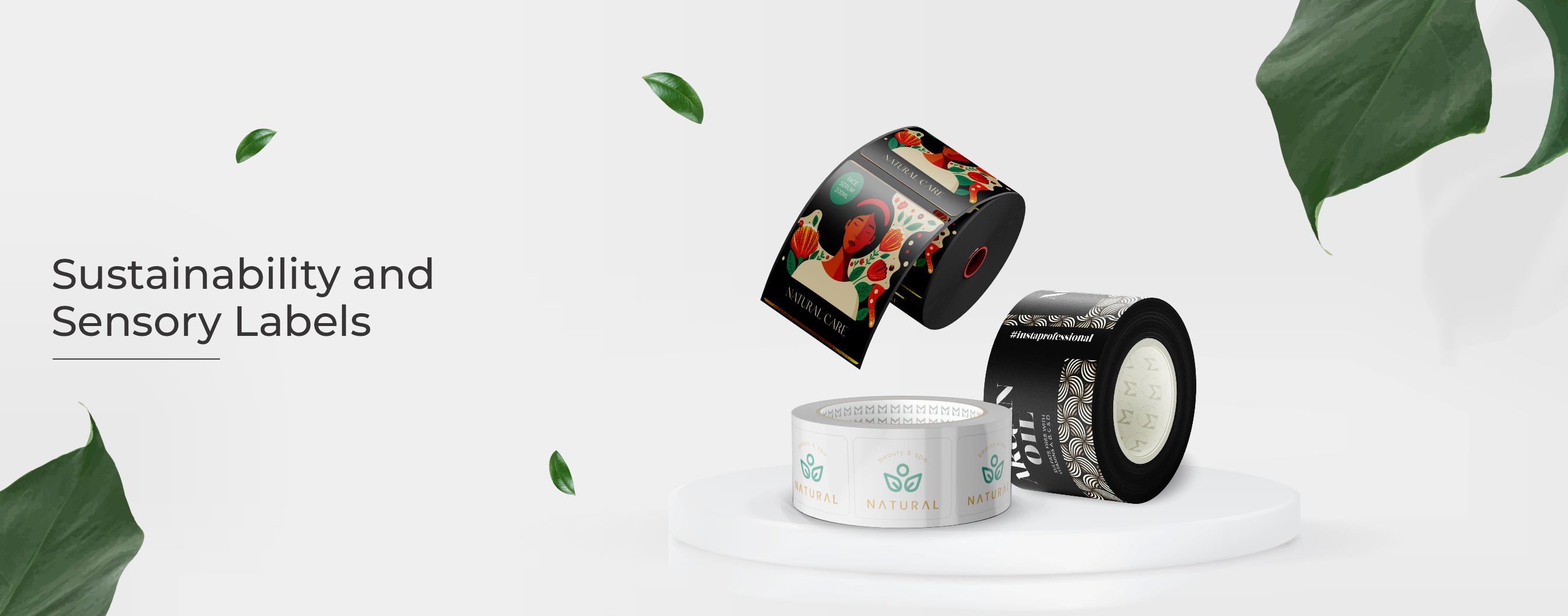 7. Sustainability and Sensory Labels:
7. Sustainability and Sensory Labels:
Eco-conscious consumers appreciate sustainable choices. Labels made from eco-friendly materials, such as textured recycled paper, contribute to a positive tactile experience and appeal to the sense of responsibility towards the environment.
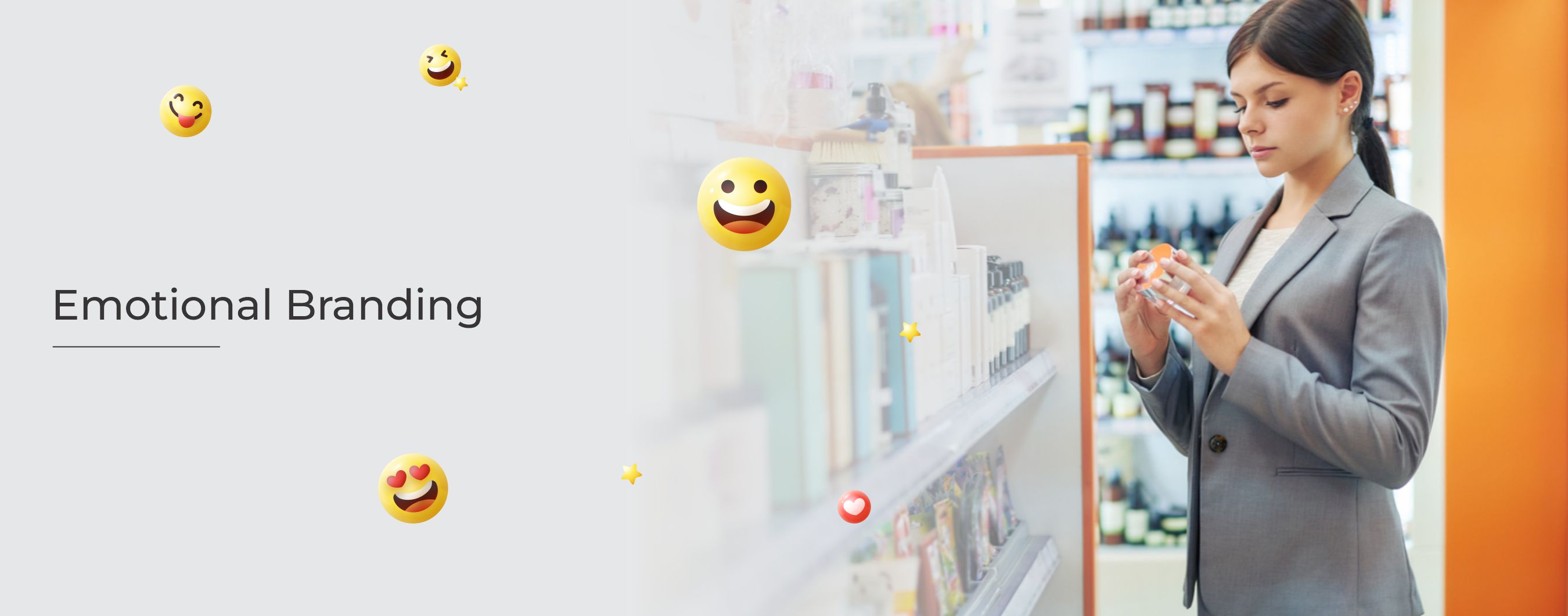 8. Emotional Branding:
8. Emotional Branding:
The overall sensory experience contributes to emotional branding. Customers who associate positive emotions with your brand are more likely to become loyal advocates.
Conclusion:
In the cosmetics industry, labels are not just about aesthetics; they are a gateway to sensory experiences. Leveraging sound, texture, scent, and interactivity in label manufacturing can create a multi-dimensional brand journey that resonates with consumers profoundly. As cosmetics brands recognize the importance of harmonizing sound and experience, they can differentiate themselves, foster brand loyalty, and create memorable moments beyond skin-deep beauty. So, consider how you can incorporate sensory branding into your cosmetics label manufacturing process to captivate the hearts and senses of your customers.